Uniting for Change: Global Alliance Gains Momentum at the 2024 World Conference on Statelessness
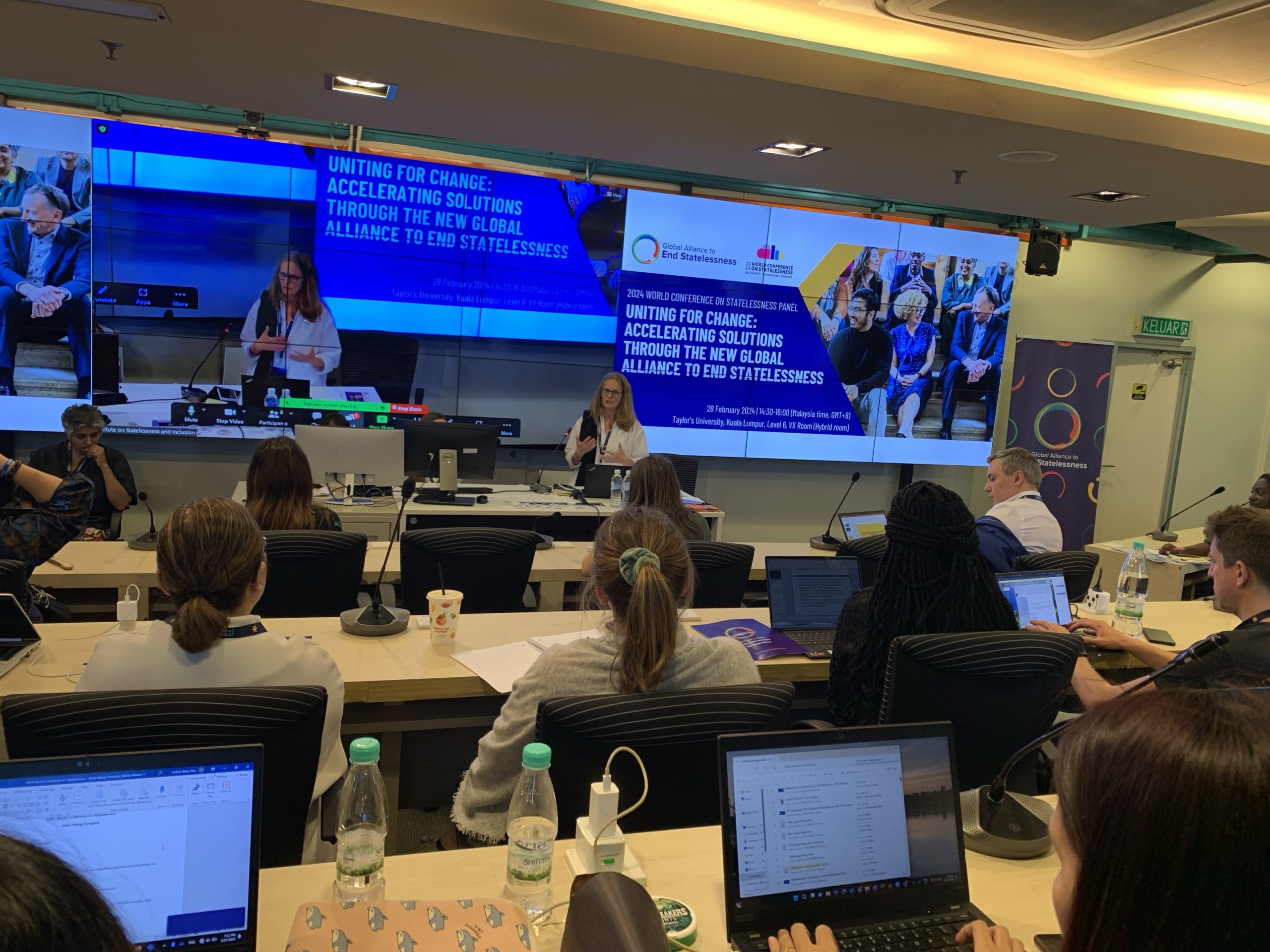
The second World Conference on Statelessness (WCS24), was organized in Kuala Lumpur, Malaysia, over 26-29 February 2024, by the Institute on Statelessness and Inclusion (ISI), Nationality for All (NFA), and Development of Human Resources for Rural Areas (DHRRA) Malaysia, with the Human Rights Commission of Malaysia (SUHAKAM) as a strategic partner. The World Conference was centered around the themes of Knowledge, Solidarity and Change, and was attended by some 450 participants from 50 countries, and around 100 more participated in some of the conference sessions online.
The conference successfully convened a broad coalition of stakeholders from various regions, promoting knowledge sharing, solidarity, and collaborative action. These efforts culminated in the launch of the Global Movement Against Statelessness, which unites individuals, activists, and allies in a dedicated campaign to eliminate statelessness and champion equal nationality and human rights worldwide.
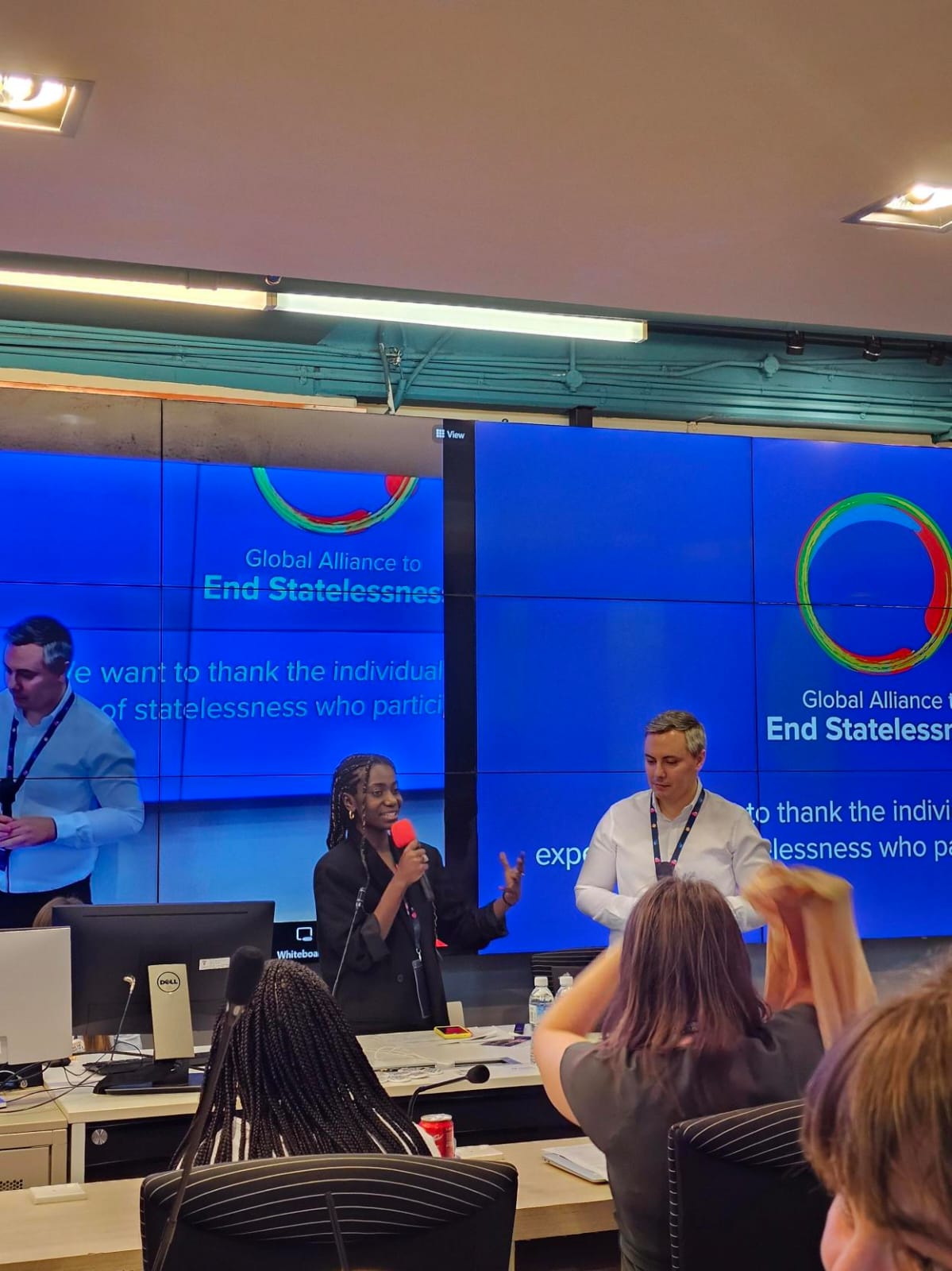
On 28 February 2024, the Solidarity theme day of the conference, UNHCR organized the panel ‘Uniting for Change: Accelerating Solutions through the New Multistakeholder Global Alliance to End Statelessness’ to inform of the benefits of multilateral engagement to address statelessness and build the Global Alliance membership among civil society and other stakeholders.
The event was co-moderated by Ms. Christiana Bukalo, the Founder of Statefree stateless-led organization, and Mr. Marin Roman, a UNHCR Senior Statelessness Officer, and included a keynote address by Ms. Monika Sandvik, the UNHCR Senior Statelessness Coordinator, followed by a panel discussion, featuring Ms. Rosalie M. Robles-Cumla, State Counsel at the Department of Justice of the Republic of the Philippines; Mr. Chris Nash, Director and Co-Founder of the European Network on Statelessness; Mr. Yasah Musa, Project Manager at the Nubian Rights Forum; Ms. Radha Govil, Deputy Director of the Peter McMullin Centre on Statelessness; and Ms. Kirsten Di Martino, UNICEF Senior Child Protection Adviser. The panel attracted a full house of 60 attendees and online viewers via live stream. Additionally, the UNHCR and Global Alliance’s information booth was a hub of activity, drawing high interest from the conference participants.
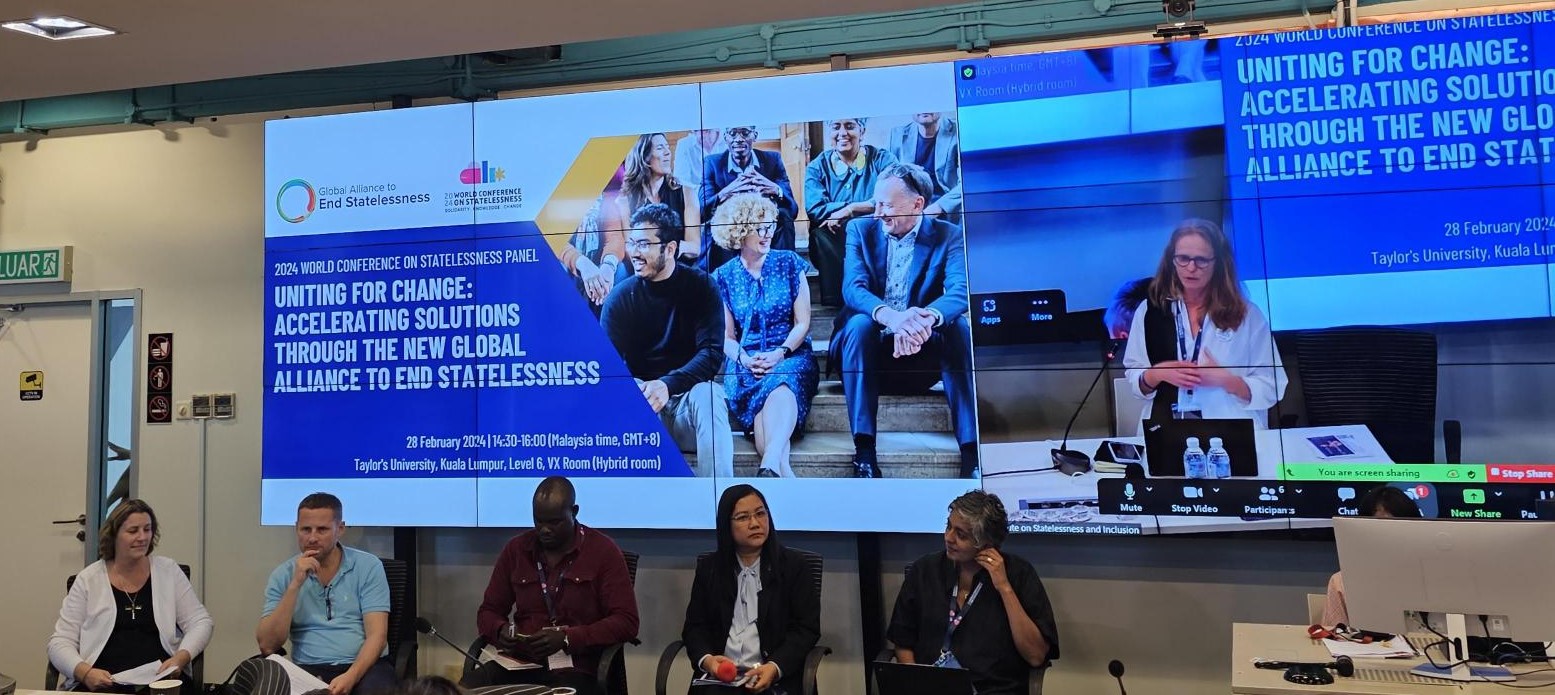
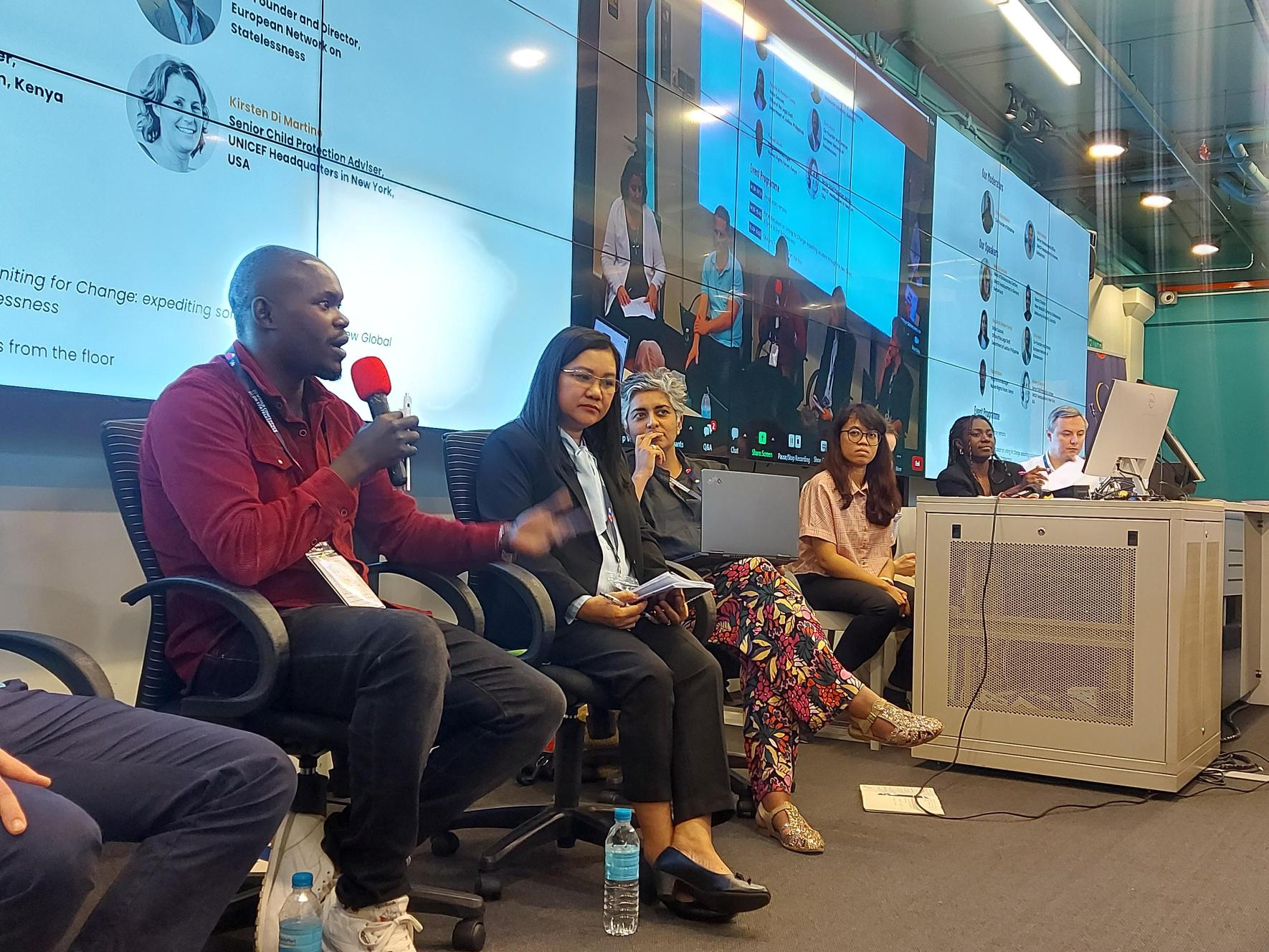
A Global Alliance Taskforce subgroup meeting was also convened on February 26 before the Conference opening ceremony, focusing on the external engagement strategy for the Global Alliance.
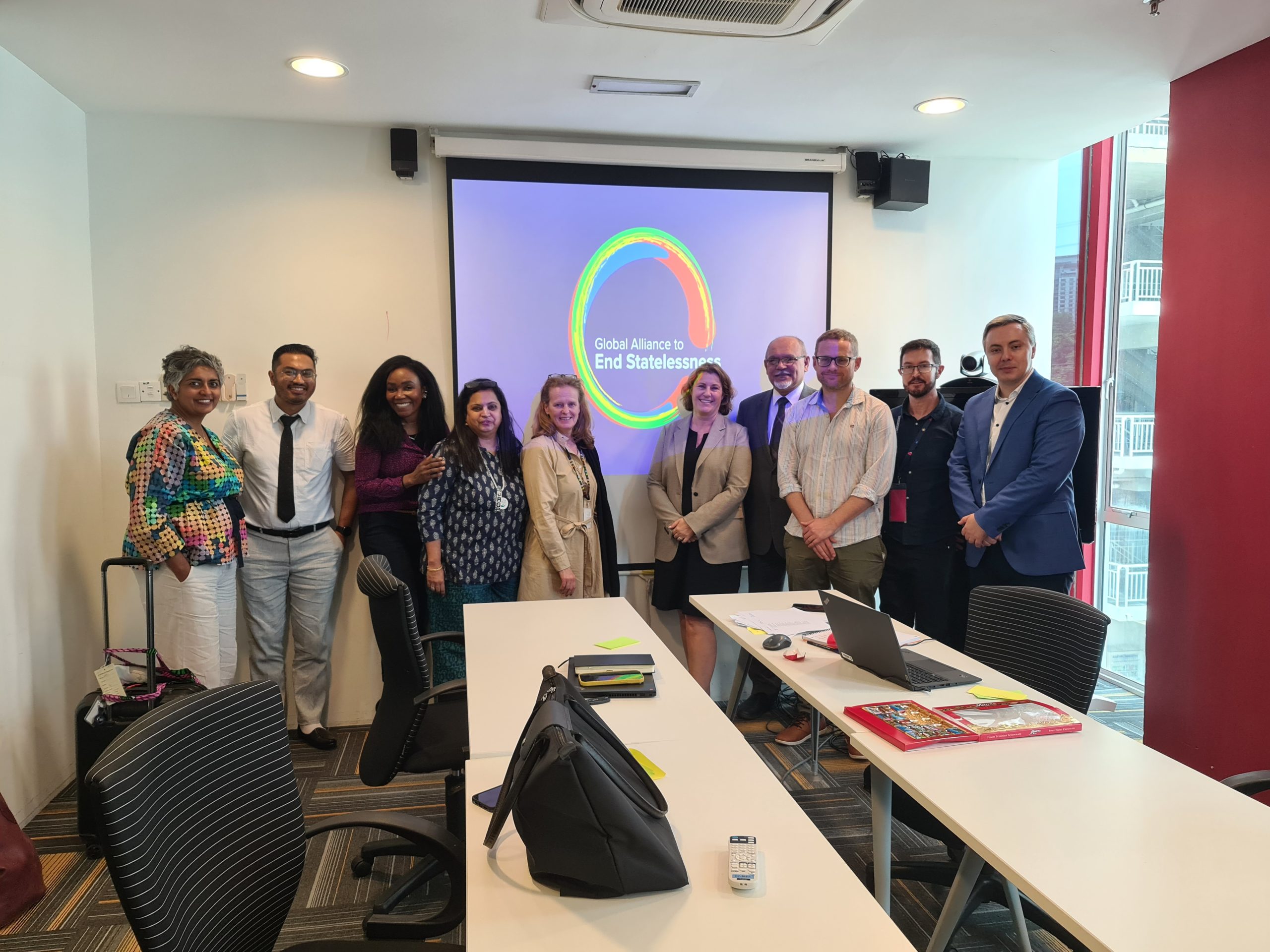
11 February 2026
Support the Joint Statement: Advancing Vocational Inclusion of Stateless People Across the UN
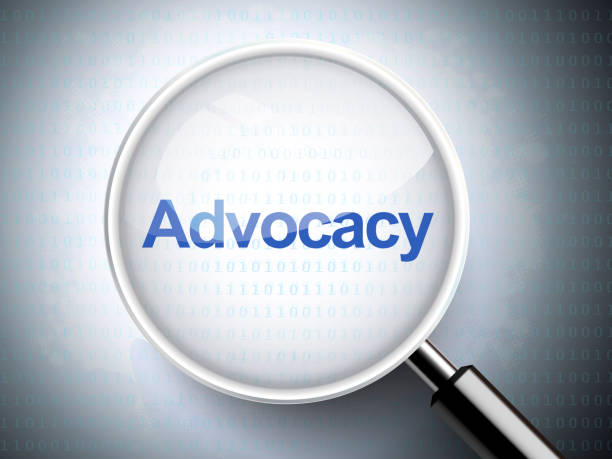
As part of a multi-pronged advocacy approach to scale up UNHCR’s good practice of removing barriers to the employment of stateless persons, the Joint Statement, drafted by Apatride Network, seeks to encourage all UN entities to follow suit. We are calling on Global Alliance members and other organizations to endorse it and sign on.
Read more6 February 2026
Call for Applications: UNHCR Global Advisory Board of Organizations Led by Forcibly Displaced and Stateless Persons
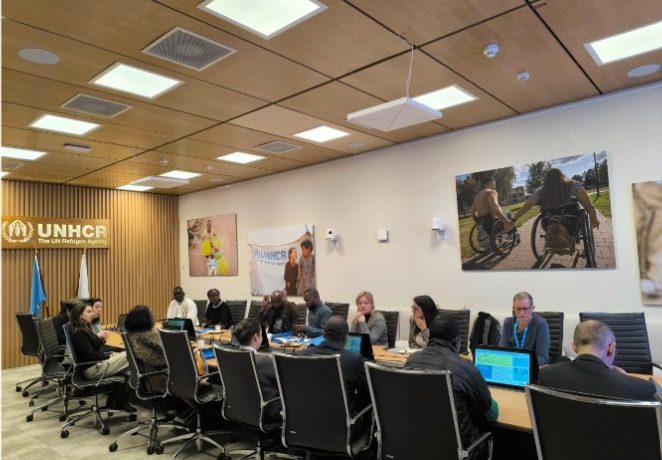
The United Nations High Commissioner for Refugees (UNHCR) has launched a Call for Expression of Interest for its Global Advisory Board of Organizations Led by Forcibly Displaced and Stateless (2026–2028). We strongly encourage stateless-led organizations within the Global Alliance network and beyond to apply by 8 February and bring their expertise and lived experience to this important global platform.
Read more8 January 2026
Realizing the Right to Education for Stateless Persons
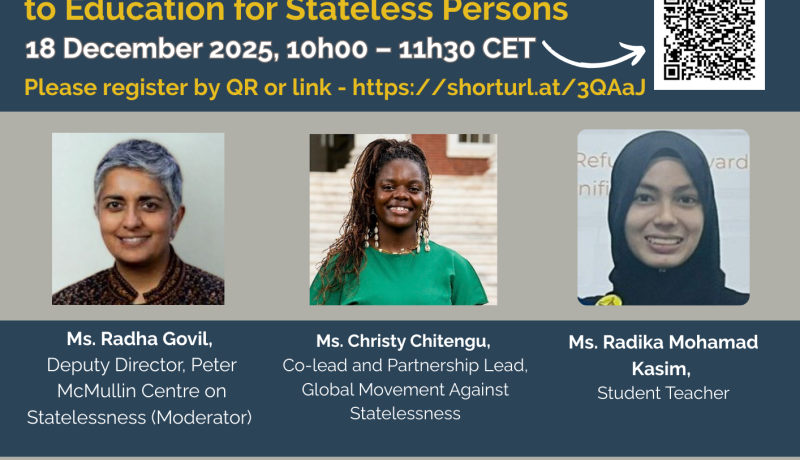
On 18 December 2025, Radha Govil, Deputy Director of the Peter McMullin Centre on Statelessness and Co-lead of the Thematic Working Group (TWG) on Protecting the Rights of Stateless Persons, moderated the fifth and final Global Alliance webinar of the year: “Unlocking Futures: Realizing the Right to Education for Stateless Persons.”
Read more